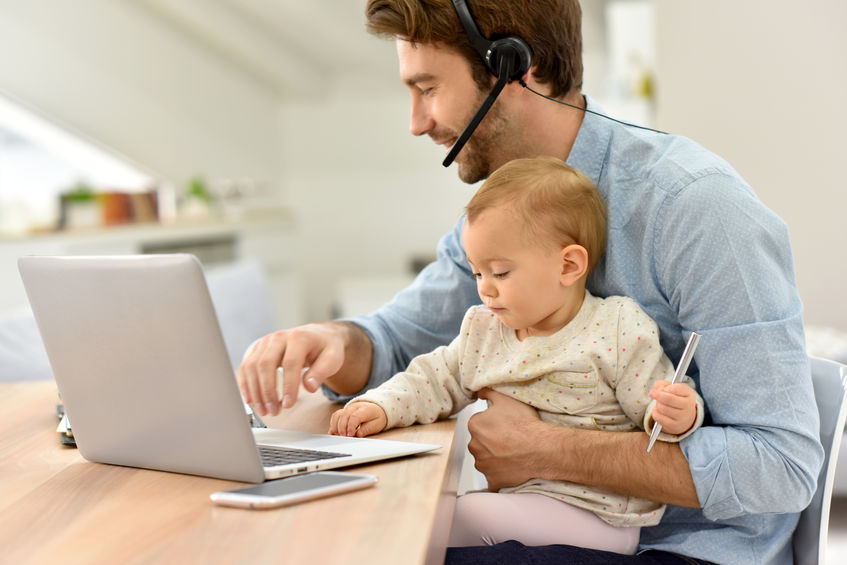As you’ve undoubtedly read, the business world is talking about the impact the current global pandemic will have on future work protocols and corporate culture. Here are a few observations our team has made over the past few weeks as we’ve talked with our clients and candidates. (We may or may not have been wearing our pajama pants during these conversations).
There are no butts in those seats.
While many companies had already instituted flexible work policies, many other organizations with what we call “butts in seats” cultures were forced to adopt teleworking policies almost overnight. As Patricia Strach of the Rockefeller Institute recently said, “this forced work-from-home experience is showing us that work-from-home arrangements are a viable strategy for many businesses and that this is likely to be true even after the crisis is over.”
However, in a recent Gartner survey of HR leaders, 76% said the top employee complaint during the pandemic has been “concerns from managers about the productivity or engagement of their teams when remote.” Interestingly, what we might end up seeing is a hybrid model where there may be “A” and “B” teams who work remotely on alternating days. And the pandemic will likely impact the open space concept that’s been hot the last few years. As Brent Capron, design director for a global architecture firm, said “I don’t think the open office is dead, but I think we may have additional barriers for comfort. I’ve been calling it the sneeze guard effect.”
No more virtual Aperol Spritzes.
Virtual happy hours were initially the go-to solutions for teams looking to stay connected while working remotely. We think we can all agree these events are getting old, and in many cases, awkward, as everyone discusses their cocktail du jour, then realizes they have little else to say.
Some companies are finding creative ways to keep their employees engaged without having to show off their Aperol Spritzes. For example, Handshake, a college student job portal, is organizing a company-wide talent show and is also launching trivia nights. A content agency in Seattle is using Slack to celebrate birthdays and post pictures of employees’ pets. And our favorite – a PR firm in New York has made its weekly team lunches virtual – and is delivering lunch to their employees’ homes.
An unexpected dose of humanity.
One of the most interesting side effects of everyone’s being on video calls is the blending of our work and personal personas. We’ve started to relax the rules around what “professional” should look like. While it’s a fair argument to suggest that people who telework may miss out on impromptu bond-building hallway conversations, you were likely not going to know what your colleague’s laundry room-now-office looks like. Nor would you likely have known that your boss dresses his Mini Goldendoodle in baby clothes (although you may not have ever wanted to know that, pandemic or not).
From video-bombing kids to doorbells chiming to announce your 3rd Amazon shipment of the day to cat-related malfeasance, our shared humanity has never been more on display (literally).
We encourage you to leave a comment below. We’d love to hear what your company is doing to keep everyone connected. And we never get tired of hearing about Zoom call fails.
Ceres Talent Note: We recognize that the ability to work from home is a privilege; millions of employees do not have this choice. We’d like to remind teleworkers (including ourselves) that we shouldn’t think of it as being “stuck at home”, but more as “safe at home” and be grateful to the still-in-the-field workforce that is keeping the world running.

